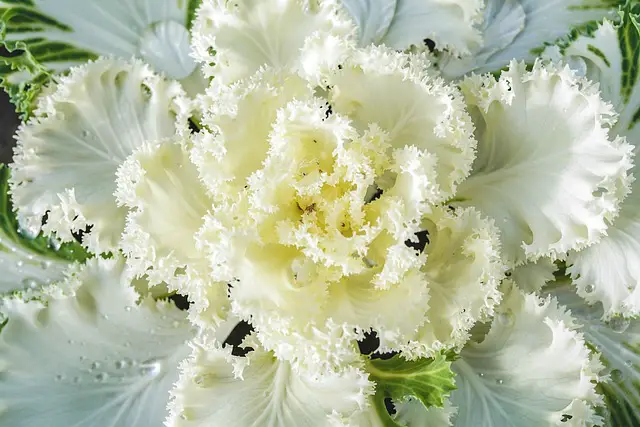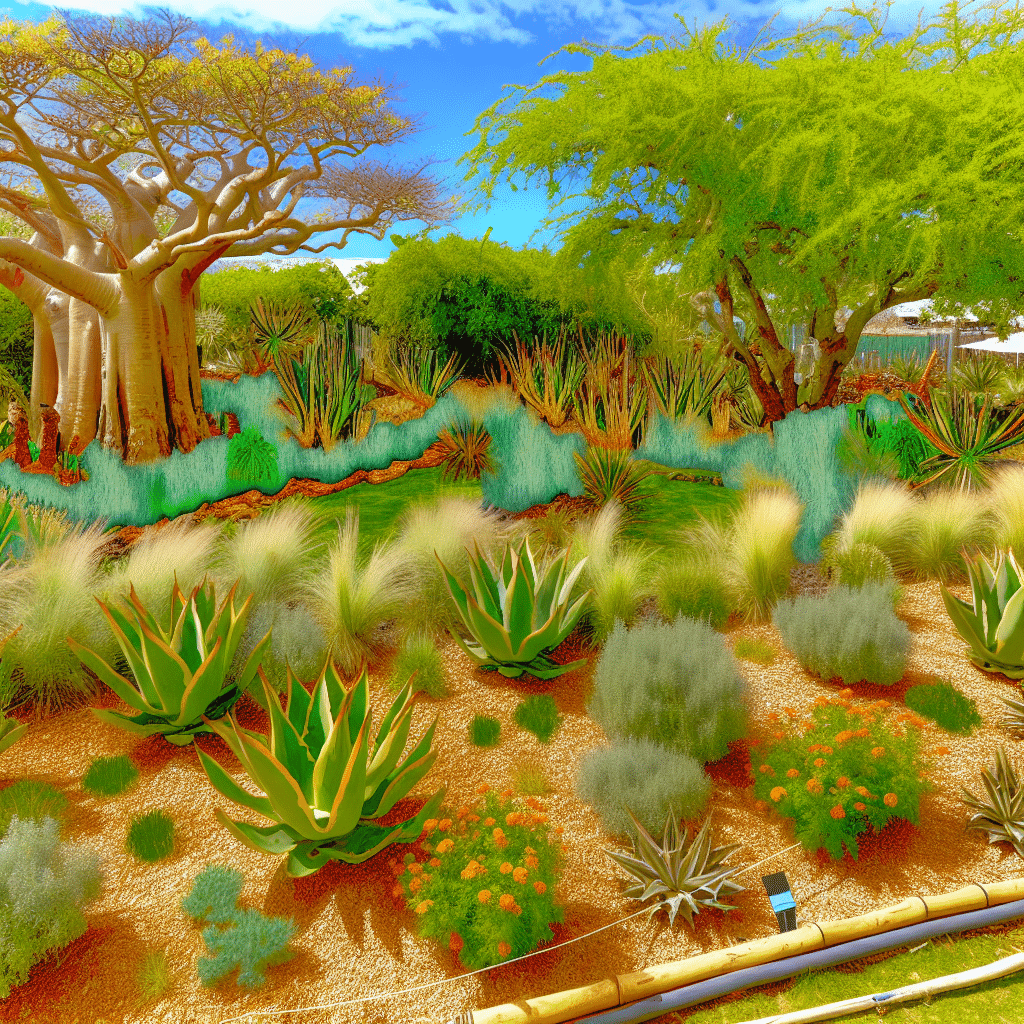Winter conjures images of snowy landscapes and cozy indoor activities for most. However, for gardening enthusiasts, it brings about the challenge and excitement of another season of cultivation.
Can You Grow Vegetables in Winter?
Contrary to popular belief, winter vegetable gardening is not only possible but also rewarding. Several cold-hardy crops and varieties thrive during the frosty months, providing gardeners with fresh, homegrown produce even in winter.What Vegetables to Grow in Winter
Just because it’s cold doesn’t mean your garden bed has to remain barren.
Root Vegetables
Root vegetables like carrots, radishes, and turnips flourish in winter, capable of withstanding harsh weather conditions.Leafy Greens
Spinach, kale, and collards are examples of leafy greens that can survive and even thrive during winter.Peas and Broad Beans
Finally, hardy legumes such as peas and broad beans can be sown in late winter for an early spring harvest.Preparation is Key: How to Prepare the Garden for Winter
Just as you winterize your home, your garden also demands some attention and preparation to weather the winter storms.
Improve Soil Condition
Begin by amending your soil with organic matter like compost or aged manure. This not only improves soil texture but also provides essential nutrients for your winter crops.Employ Mulching
Mulching is another critical aspect of winter vegetable gardening. It helps to regulate soil temperature, retain moisture, and mitigate weed growth.Protection is Crucial
Depending on how severe your winters are, you may need to provide some form of protection for your plants. Options include cold frames, cloches, or even simple row covers.Why Should You Try Winter Vegetable Gardening?
It’s easy to question the effort and time put into gardening during cold, harsh winters. But winter vegetable gardening presents several benefits.
Extended Harvest
First, it extends your harvest period, allowing you to enjoy fresh, homegrown produce year-round.Lower Pest and Disease Pressure
Winter crops typically face less pressure from pests and diseases compared to their summer counterparts.Enhanced Vegetable Flavors
Interestingly, some vegetables like parsnips and Brussels sprouts even taste better after a frost, as the cold encourages them to convert their starches into sugars.Challenges of Winter Vegetable Gardening
Winter gardening isn’t without its challenges. The reduced daylight hours and colder temperatures can slow plant growth considerably. Moreover, some plants may require additional protection to survive extremely low temperatures.
The exciting world of winter vegetable gardening unlocks a new dimension of home food self-sufficiency and a year-round connection to nature. By selecting the right crops, preparing your garden properly, and providing a little extra care, you’ll be rewarded with fresh, homegrown vegetables even in the dead of winter. Happy Gardening!




